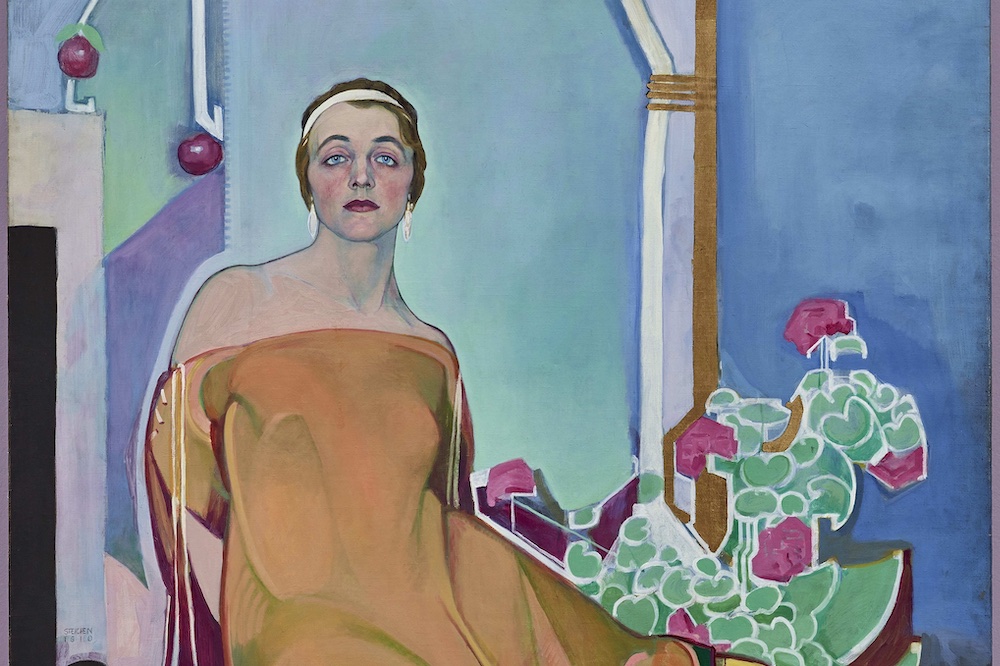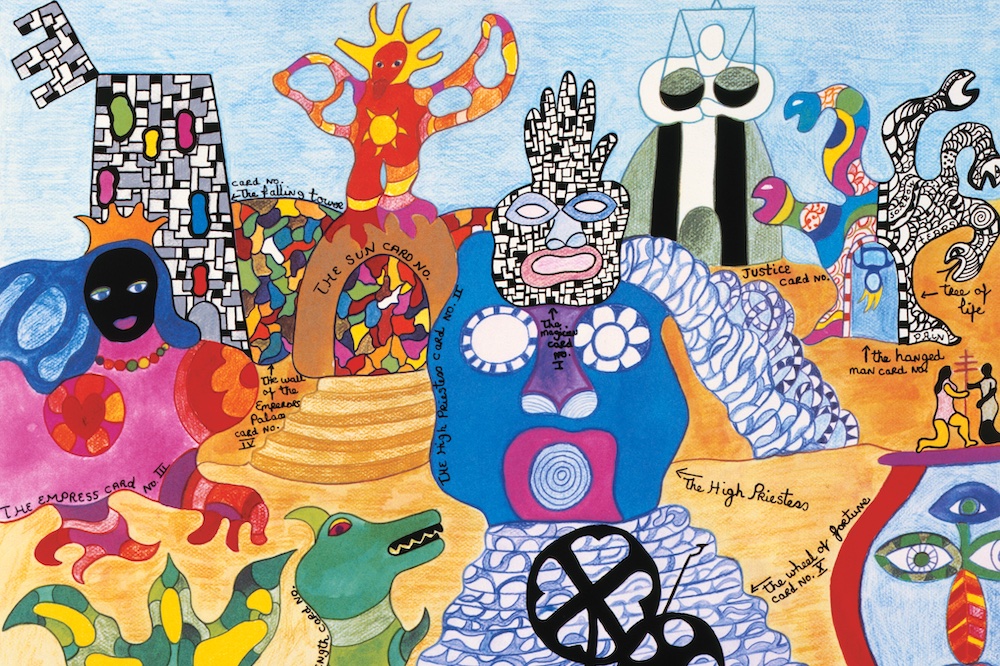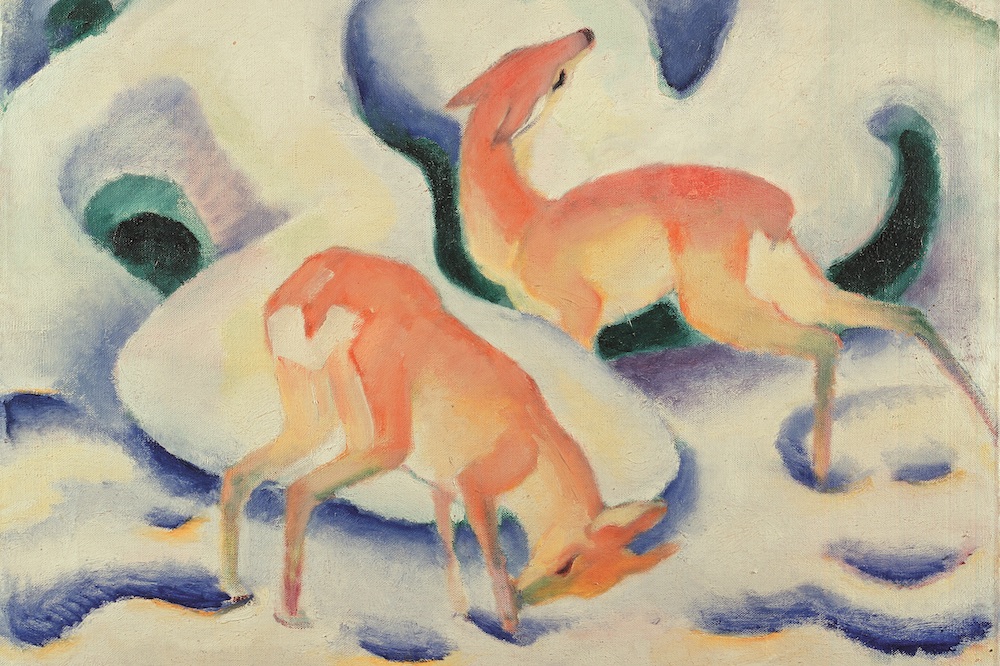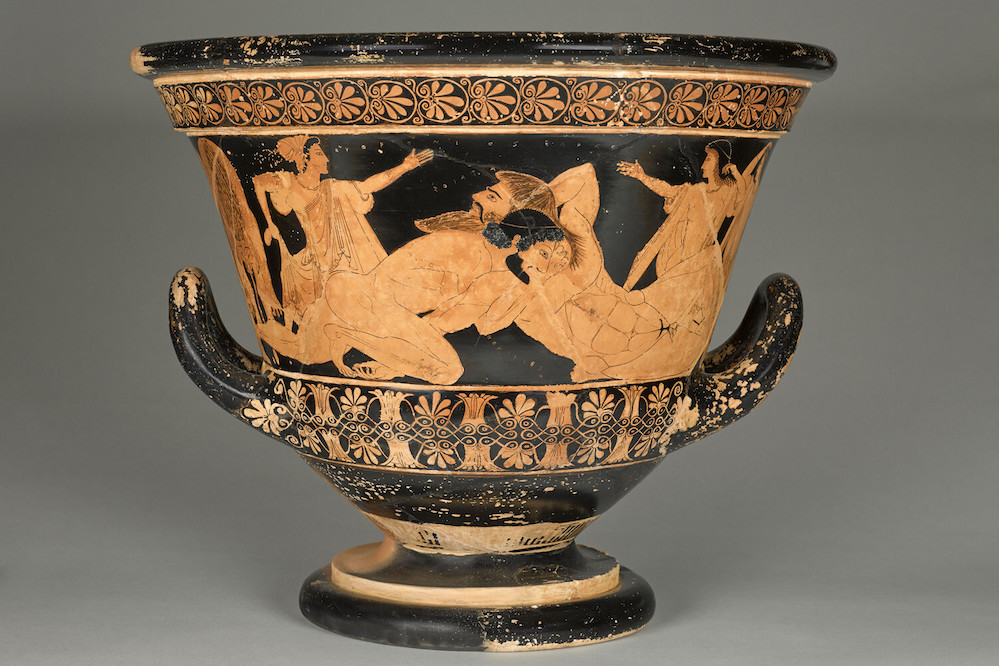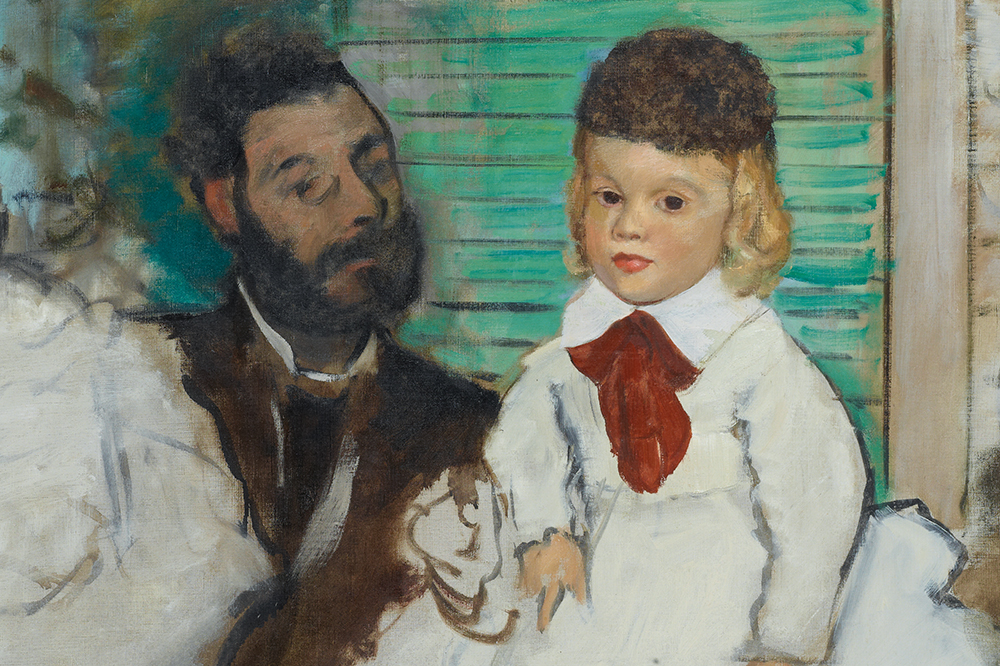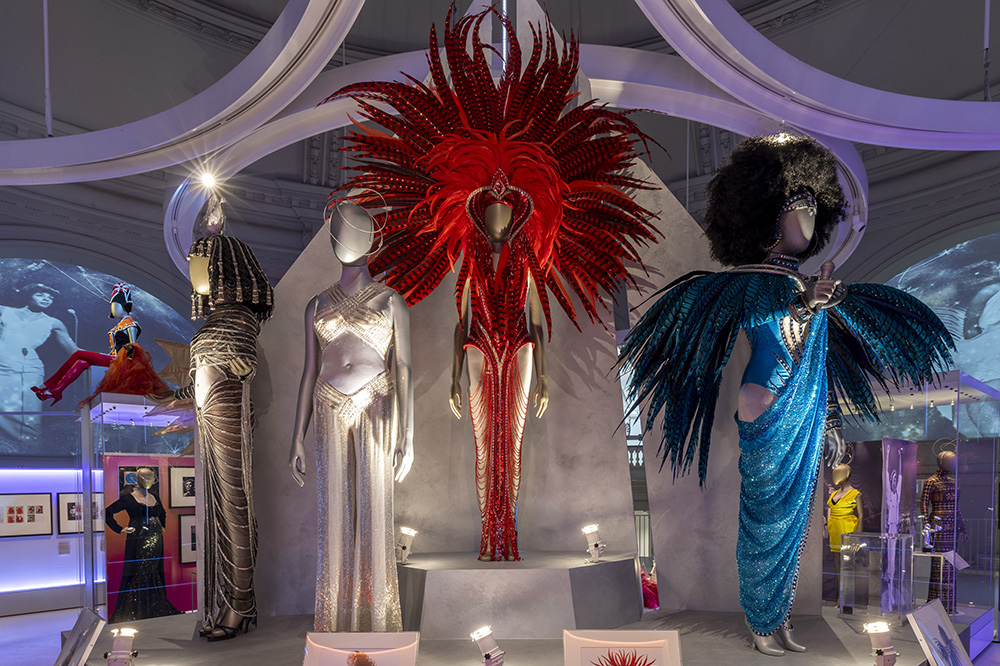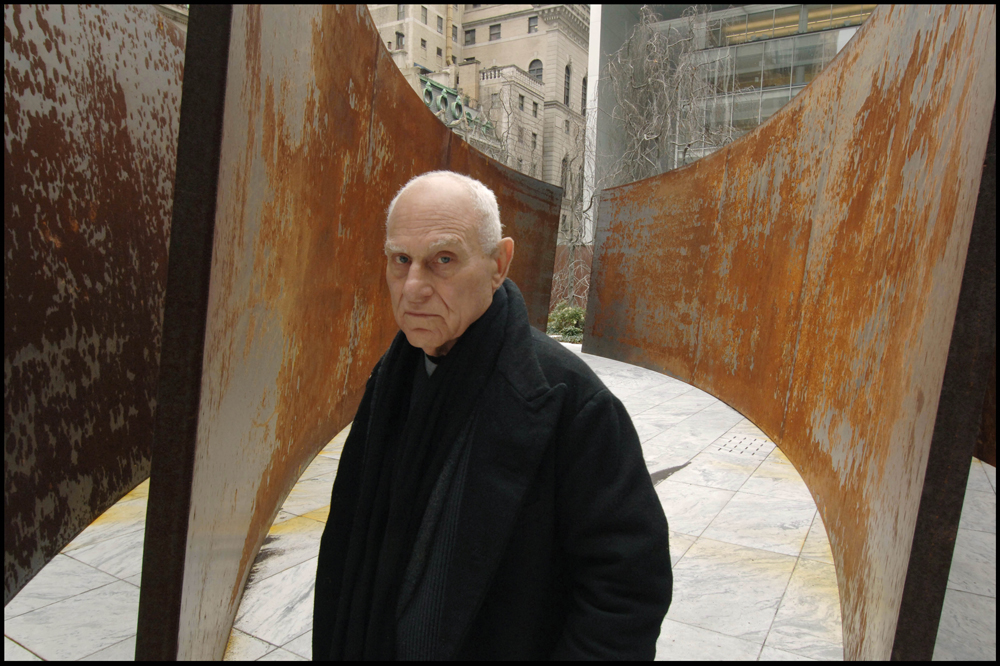Our daily round-up of news from the art world
Photojournalism show attacked in Moscow | A photojournalism exhibition at Moscow’s Sakharov Center was attacked by protestors dressed as Cossacks last week, resulting in the vandalisation of several images. According to The Art Newspaper, an image of Ukrainian soldiers taken by photojournalists Sergei Loiko and Alexander Vasyukevich was splashed with paint by nationalist activists, while other photographs relating to the conflict in the Donbass region were torn down and splashed with red liquid. The affected images have been removed from the show, which will otherwise continue as planned.
Met faces lawsuit over Picasso painting allegedly sold under duress | Last Friday, the estate of Paul Leffman, a collector forced to flee Nazi Germany in the 1930s, filed a lawsuit against New York’s Metropolitan Museum of Art over a Picasso painting it says he was forced to sell to dealers in Paris under duress. According to the New York Times, the Leffman estate says that it had been negotiating with the museum for some years over the ownership of Picasso’s The Actor (1904–05), but had never been able to reach a settlement. The Met denies the claim, arguing that Leffman sold the work in 1938 for a fair market price, and that he received ‘a higher price than any other early Picasso sold by a collector to a dealer during the 1930s’.
Activists claim British Museum ‘broke own rules’ over BP sponsorship | Activists from the protest group Art Not Oil have claimed that the British Museum broke the rules behind its own decision-making process when renewing its controversial sponsorship deal with BP, reports the Independent. According to Art Not Oil, the museum’s trustees were not consulted over the five-year deal stuck by director Hartwig Fischer and announced in July, thus contravening guidelines stipulated by Mr Fischer’s predecessor Neil MacGregor. The group has demanded that the museum revisit its decision, ‘incorporating a thorough and independent investigation into BP’s activities, including meaningful consultation with staff, museum-goers, experts and trustees’.
David Adjaye and Lynette Yiadom-Boakye join Serpentine board | At a press conference on Friday, Serpentine artistic director Hans Ulrich Obrist and CEO Yana Peel announced that architect David Adjaye and painter Lynette Yiadom-Boakye have joined the Serpentine Galleries as board members. According to Obrist and Peel, the new appointments are part of the galleries’ ‘new direction’, in which greater emphasis is placed on artists.
Recommended reading | With the recent thaw in political relations between Cuba and the US, you could forgive outward looking museum directors in the US for attempting to forge links with their counterparts on the Caribbean island. Alas, it seems that so far they have set their sights too high. To find out why, have a look at David D’Arcy’s piece in The Art Newspaper. Elsewhere, the New York Times’s Joseph Giovannini looks at the late Zaha Hadid’s posthumous architectural legacy: with more than 50 structures in the pipeline, it seems the Iraqi-born architect may achieve more in death than she did in life. Meanwhile in the Guardian, Cornelia Parker discusses her seminal work Cold Dark Matter, arts education for lower income students and why she thinks UK Labour Party leader Jeremy Corbyn is ‘vain’.
Unlimited access from just $16 every 3 months
Subscribe to get unlimited and exclusive access to the top art stories, interviews and exhibition reviews.

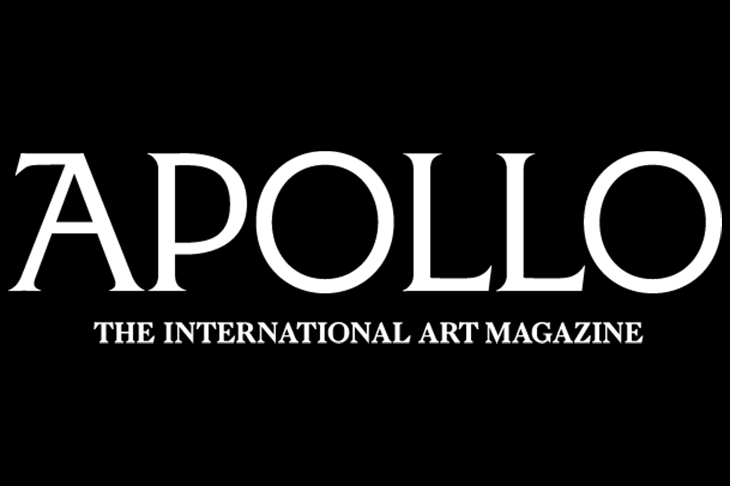
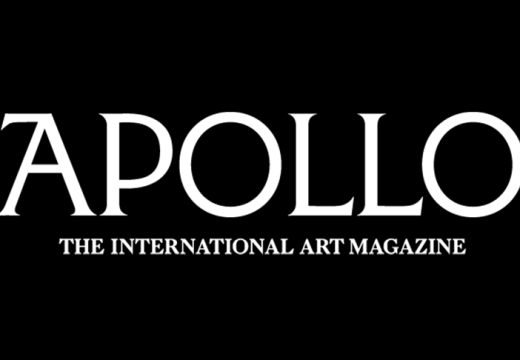
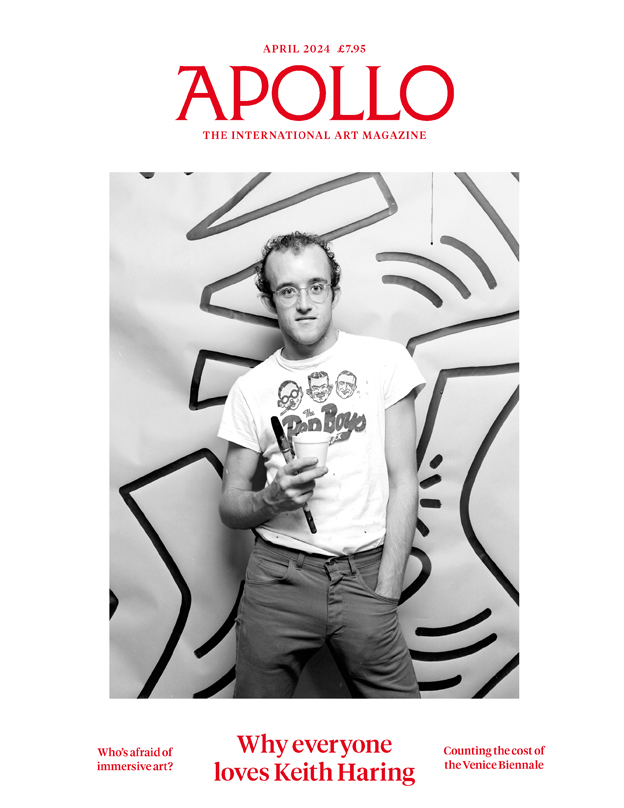
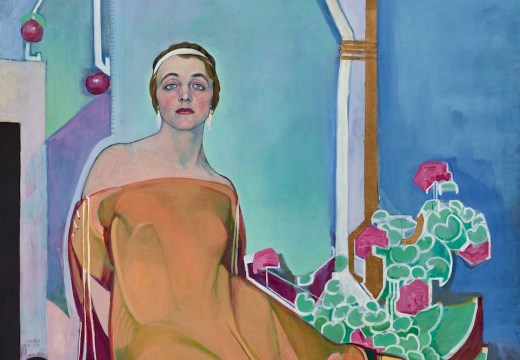
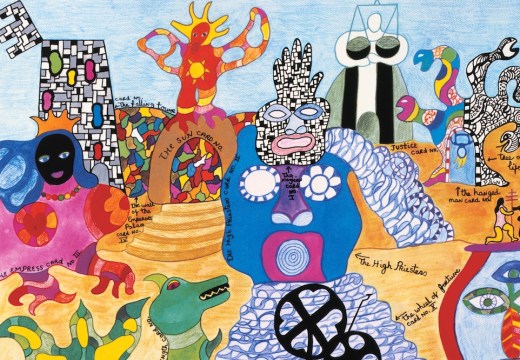
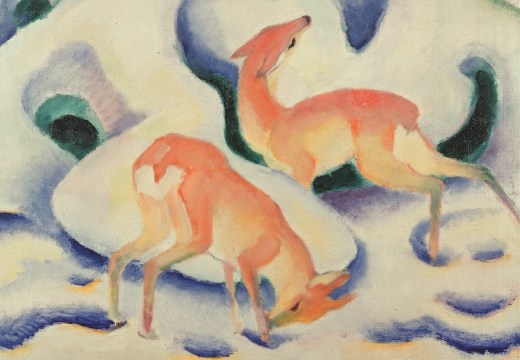
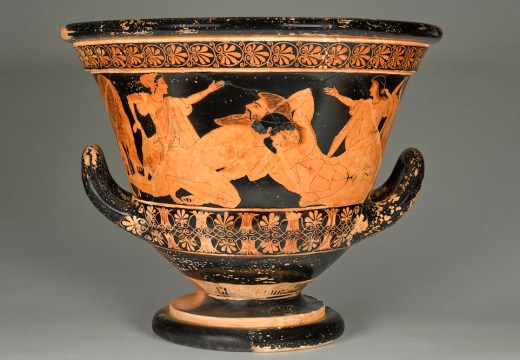
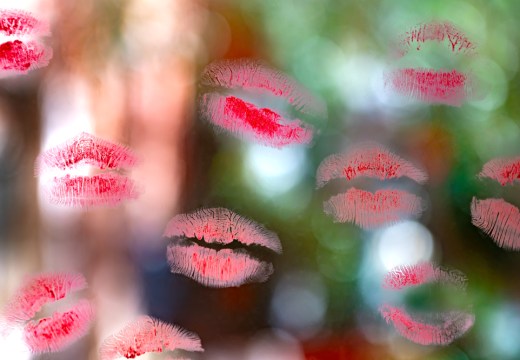
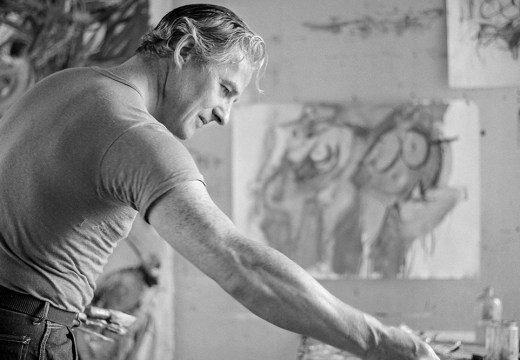
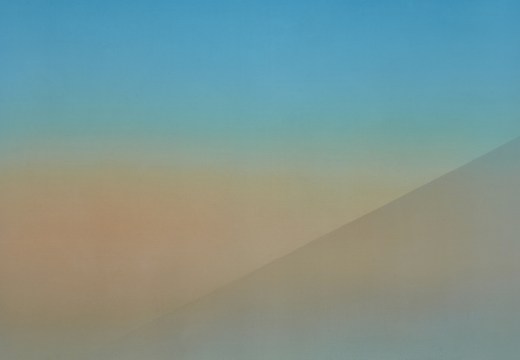
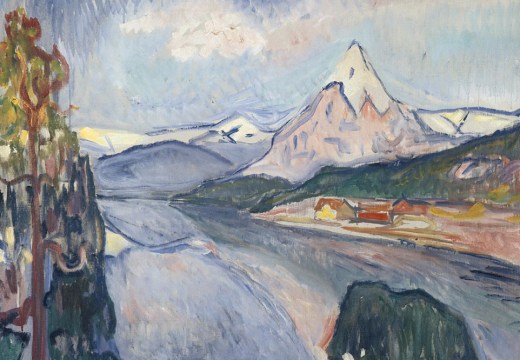
![Masterpiece [Re]discovery 2022. Photo: Ben Fisher Photography, courtesy of Masterpiece London](http://www.apollo-magazine.com/wp-content/uploads/2022/07/MPL2022_4263.jpg)
